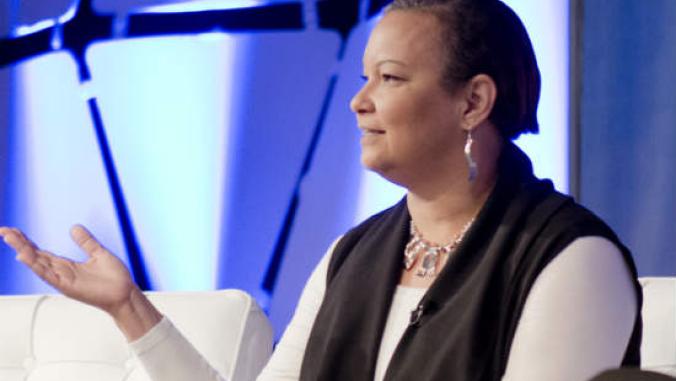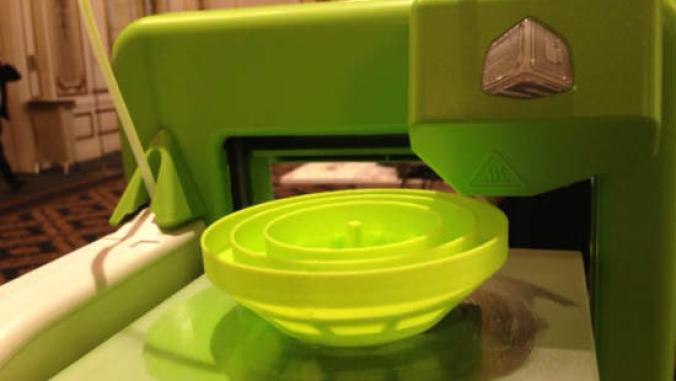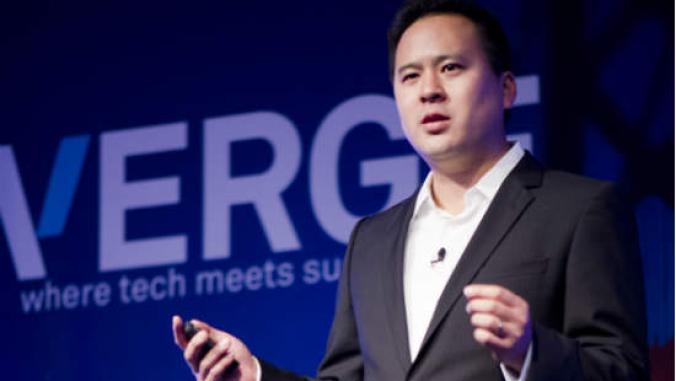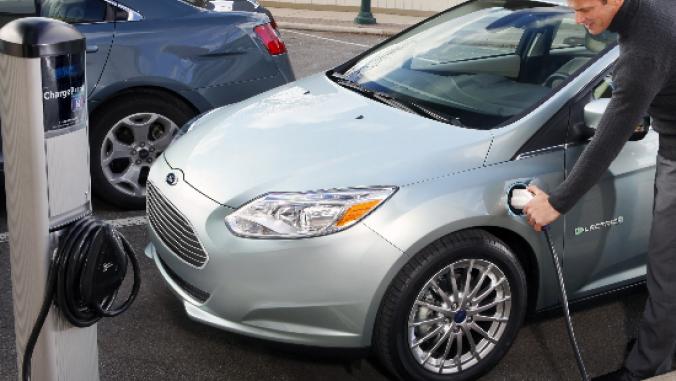Motorola Seeks a Conflict-Free Electronics Supply Chain in the DRC
<p>Traceability and transparency take center stage as Motorola tests a conflict-free supply chain for minerals from the Congo.</p>

Tin image CC-licensed by Grassroots Group/Flickr
In response to a U.S. law intended to keep companies from buying minerals from mines run by armed groups in the Democratic Republic of the Congo, some companies have looked to other countries for supplies.
Motorola Solutions, the company's arm focused on businesses and governments, plans to stick around, and has created what it hopes will serve as a model for transparent, conflict-free supply chains.
"The law created a de facto ban on minerals in the Congo. The problem you have is there are many non-conflict mines that are being affected," Michael Loch, Motorola's director of supply chain corporate responsibility, said about the Dodd-Frank Wall Street Reform and Consumer Protection Act. "The de facto ban has actually created a bad situation where millions of people are being negatively impacted because there are no buyers to take the materials."
The part of the law that speaks to conflict minerals requires companies, in Securities and Exchange Commission filings, to disclose if they source gold, tantalum, tin or tungsten from the Congo and surrounding countries, and what they're doing to trace the origin and chain of custody of those minerals to ensure they are not funding conflicts.
In response, Motorola Solutions created the Solutions for Hope project to create conflict-free supply chains and test initiatives working toward a conflict-free infrastructure in the Congo.
The company is starting with a supply chain for tantalum, a mineral used in the production of a variety of electronics components.
Speaking Monday from the Congo, Loch said Motorola first looked for mines that are outside of the eastern provinces of the Congo, where conflict mines are typically found. Motorola went with a mining co-op, and shortened its supply chain so that it's made up of the mine operator, a smelter, a component manufacturer and Motorola itself. "It's a very short supply chain," Loch said. "We're not dealing with a number of traders."
Motorola is also involving a traceability program created by industry trade group ITRI's Tin Supply Chain Initiative, mine certification by the German Federal Institute for Geosciences and Natural Resources, the conflict-free smelter program from the Global e-Sustainability Initiative and the Electronics Industry Citizenship Coalition, among other partners and government entities.
"One of the things we wanted to do is really exercise the systems that are being put in place," Loch said, who is in the Congo to visit Motorola's mine site, travel along the transportation route the tantalum will take for exporting, and see what he expects to be the first shipment through the supply chain take off.
Loch said Motorola is looking for other companies, from component makers to suppliers to end users, to get involved in the project. "It is going to take time to exercise these systems to the point of getting them more mature," he said. "The end game is to have a credible, reliable, sustainable in-region sourcing scheme."
Tin image CC-licensed by Grassroots Group/Flickr





